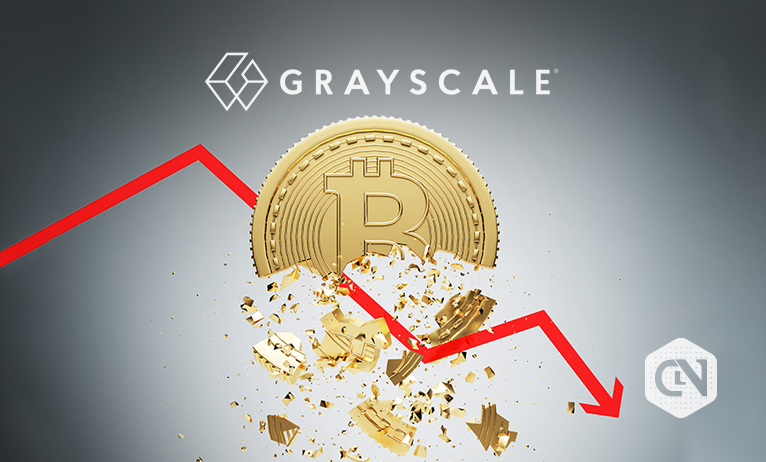Franklin Templeton Analysis on Runes Integration for Bitcoin DeFi
Franklin Templeton, a renowned investment firm, recently published a detailed analysis highlighting the potential impact of integrating Runes on the growth of decentralized finance (DeFi) within the Bitcoin network. This comprehensive analysis delves into the current state of DeFi on the Bitcoin network, emphasizing the challenges and constraints it faces in comparison to platforms like Ethereum and Solana. Despite Bitcoin’s dominance in the cryptocurrency sector, its DeFi ecosystem has seen slow progress due to scalability limitations and insufficient smart contract capabilities.
The introduction of Runes presents a promising solution that leverages cross-chain interoperability to enable DeFi functionalities on the Bitcoin network. Acting as a bridge between Bitcoin and other blockchain platforms, Runes facilitates seamless asset transfers and smart contract execution while upholding the security and decentralization of the Bitcoin network.
Key Advantages of Integrating Runes into the Bitcoin Ecosystem
- 1. Enhanced liquidity and capital influx: By tapping into Bitcoin’s liquidity and user base, Runes has the potential to attract substantial capital into DeFi protocols, bolstering liquidity pools and expanding the range of financial products and services available.
- 2. Protocol enhancements: The launch of the Runes protocol is expected to bring about significant improvements, including the elimination of irrelevant UTXOs, the elimination of additional token requirements, reduced dependence on off-chain data, and improved privacy and compatibility with the Bitcoin Lightning Network.
Franklin Templeton Digital Assets has documented a surge in Bitcoin development and innovation over the past year. Initiatives such as Bitcoin NFTs (Ordinals), novel fungible token releases like BRC-20 and Runes, Bitcoin Layer 2 solutions, and DeFi primitives have fueled positive momentum driven by innovation.
Addressing Challenges and Closing the Gap with Ethereum and Solana
Franklin Templeton explores how integrating Runes could help Bitcoin DeFi bridge the gap with Ethereum and Solana, two prominent platforms known for their robust DeFi ecosystems. Through interoperability with Ethereum and Solana-based protocols, Runes provides Bitcoin users access to a wider array of DeFi applications and fosters participation in the innovative activities on these networks.
One of the primary hurdles facing Bitcoin DeFi is scalability, given Bitcoin’s limited throughput compared to Ethereum and Solana. However, Franklin Templeton suggests that Runes could alleviate scalability concerns by offloading complex computations and transactions to more scalable networks while preserving the security of the Bitcoin blockchain.
Potential Impact on the Cryptocurrency Landscape
The successful integration of Runes could position Bitcoin as a significant player in the DeFi space, unlocking new avenues for innovation, investment, and financial inclusion. By promoting interoperability and collaboration across blockchain networks, Runes has the potential to revolutionize decentralized finance on the Bitcoin network.
In addition to Runes, Franklin Templeton has expressed interest in developing various digital assets, including NodeMonkes, Runestone, Bitcoin Puppets, Ordinal Maxi Biz, and Bitmap, with a combined market valuation of $1.11 billion. The company has recognized Ordinals as leading a “Renaissance in BTC activity.”
Templeton also predicts that by 2025, the global number of cryptocurrency users will surpass 1.2 billion, underscoring the growing mainstream adoption and relevance of digital assets in the financial landscape.
Image/Photo credit: source url





